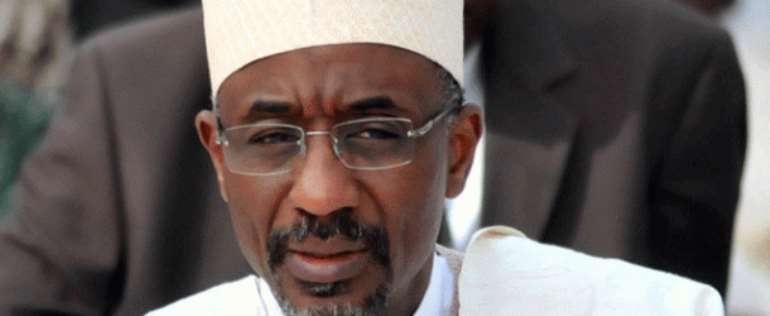External reserves to witness less pressure

The National Bureau of Statistics on Monday said the country's external reserves would experience less pressure this year due to a reduction for the demand for foreign exchange to settle high import bills.
The bureau said in a report released in Abuja that the projected increase in the value of total merchandise trade was expected to generate higher external reserves through exports. This, it hoped, would lead to a higher increase in the supply of foreign exchange than the demand.
Nigeria's external reserves as of February 14, 2013 stood at $46.681bn.
The Governor, Central Bank of Nigeria, Mr. Lamido Sanusi, had last month said the country's foreign reserves were driven mainly by proceeds from crude oil, gas exports, and crude oil related taxes as well as reduced funding of the Wholesale Dutch Auction System on account of the huge inflow of foreign portfolio investments.
He said the country's foreign reserves could finance about nine months of imports.
The NBS report stated, 'The recent declines in imports are expected to carry on till the third quarter of 2013. Beyond this point, the growth rate in imports is expected to yield positive year-on-year changes.
'By the fourth quarter of 2013, growth in the value of total merchandise trade will be driven by both higher imports (relative to fourth quarter 2012) as well as oil and non-oil exports.'
'It also said, there is less likely to be pressure on Nigeria's foreign reserves as there will be decreasing demand for foreign exchange to settle high import bills.
'Therefore, the projected increases in the value of total merchandise trade are expected to equally generate higher external reserves via higher exports, thereby increasing the supply of foreign exchange than the demand for it for the purpose of importation.'
The report also stated that as at the third quarter of 2012, the value of total merchandise trade for the country was N20.885tn.
Compared to levels recorded during the first three quarters of 2011, the value of total merchandise trade remained largely unchanged, increasing marginally by 0.4 per cent.
The bureau said the value of total merchandise trade exports over the period had increased, while imports had been on the decline.
Specifically, it said imports had continued to trend downwards since the second quarter of 2011, while the value of exports, which increased substantially in the later part of the year, dipped in the first quarter of 2012, but picked up in the second and third quarters.
On imports, it said, the 'Total imports decreased by 46.8 per cent (year-on-year) to N1.652tn in the first quarter of 2012. Import values declined further by 57.6 per cent to N1.408tn in the second quarter, and by 42.3 per cent to N1.271tn in the third quarter.
'At the end of the third quarter, total imports were valued at N4.332tn, a decline of 49 per cent from levels recorded in 2011.'
The report also stated, 'The value of total exports stood at N5.675tn in the second quarter of 2012 due to a rise in non-oil exports during the quarter, which increased by 69.7 per cent to N2.127tn during the period. In the third quarter of 2012, exports further increased by 4.1 per cent, partly from a rise in crude oil exports, which increased by N616.4tn or 17.4 per cent to N4.164tn in the corresponding period.'
